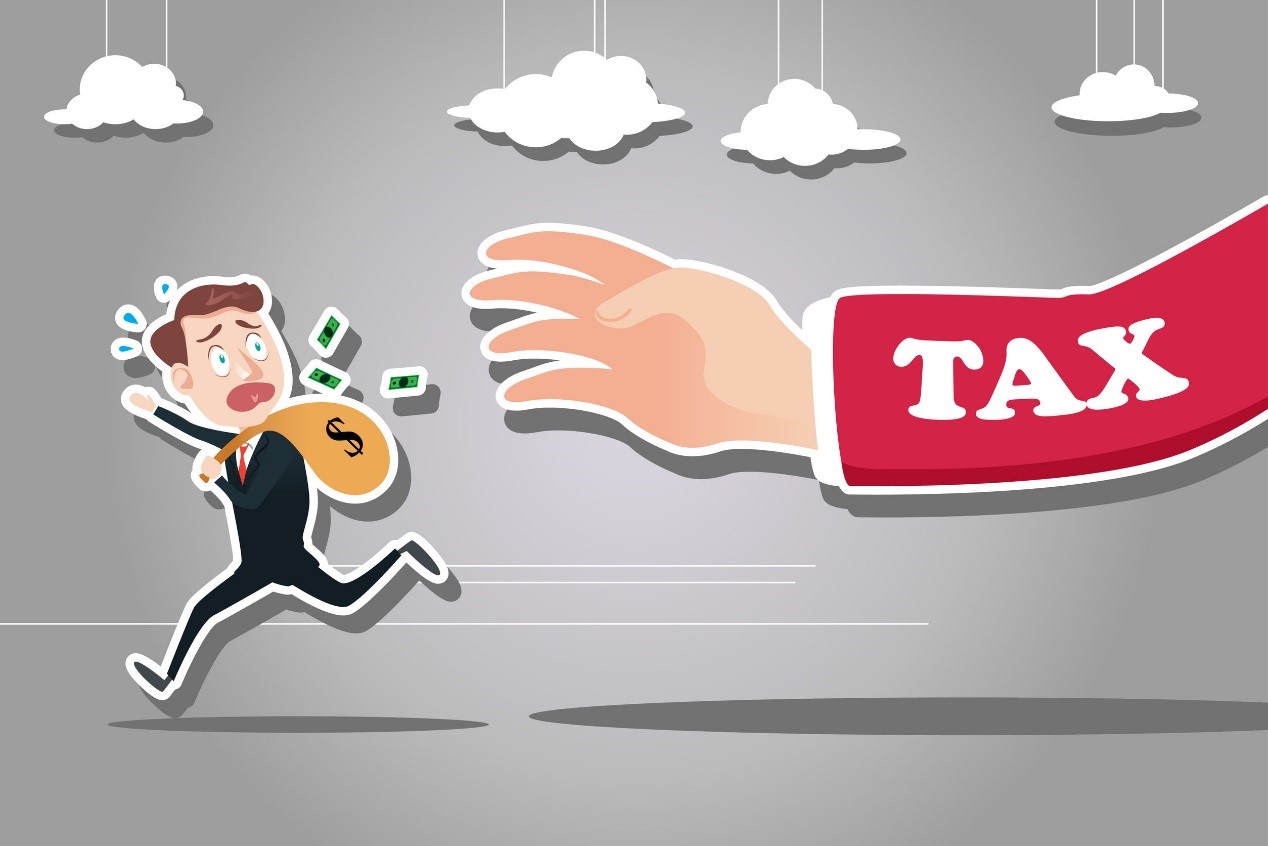Understanding the Consequences of Unpaid Taxes
Failing to pay taxes can lead to significant financial penalties and interest charges from the Internal Revenue Service (IRS). The failure-to-file penalty is typically more severe than the failure-to-pay penalty, amounting to 5% of the unpaid taxes for each month the return is late, up to a maximum of 25%. If you file on time but don’t pay all the taxes owed, the failure-to-pay penalty is 0.5% per month, also up to 25% of the unpaid taxes.
Exploring Payment Options
Installment Agreements
For those owing $50,000 or less, the IRS offers online payment agreements to pay off tax debt over time through monthly installments.
Offer in Compromise (OIC)
An OIC allows taxpayers to settle their tax debt for less than the full amount if full payment would cause financial hardship. The IRS assesses the taxpayer’s ability to pay, income, expenses, and asset equity.
Temporary Delay of Collection
The IRS may temporarily halt collection activities if the taxpayer is experiencing financial hardship. However, penalties and interest will continue to accrue during this period.
Seeking Professional Help
Navigating tax payment options can be complex. Professional assistance from a CPA, EA, or tax attorney can be invaluable in resolving tax debts.
Maintaining Good Financial Habits
Adopting good financial habits and effective budgeting can prevent future tax payment issues.
Conclusion
If you’re unable to pay your taxes, it’s crucial to understand your options and seek help if needed. Early action can provide peace of mind and minimize financial disruption.
